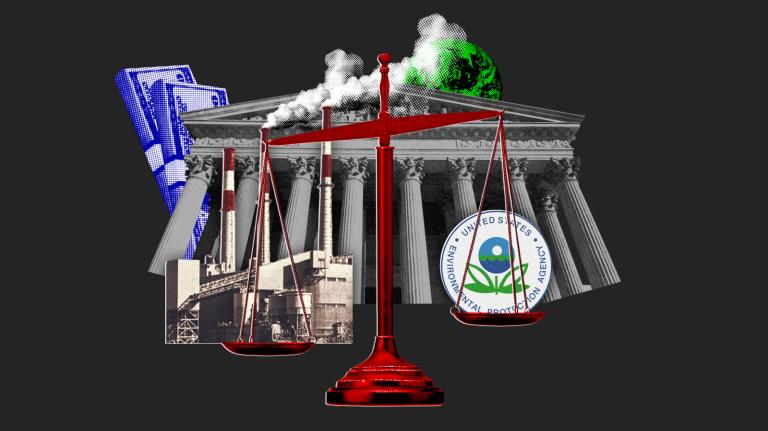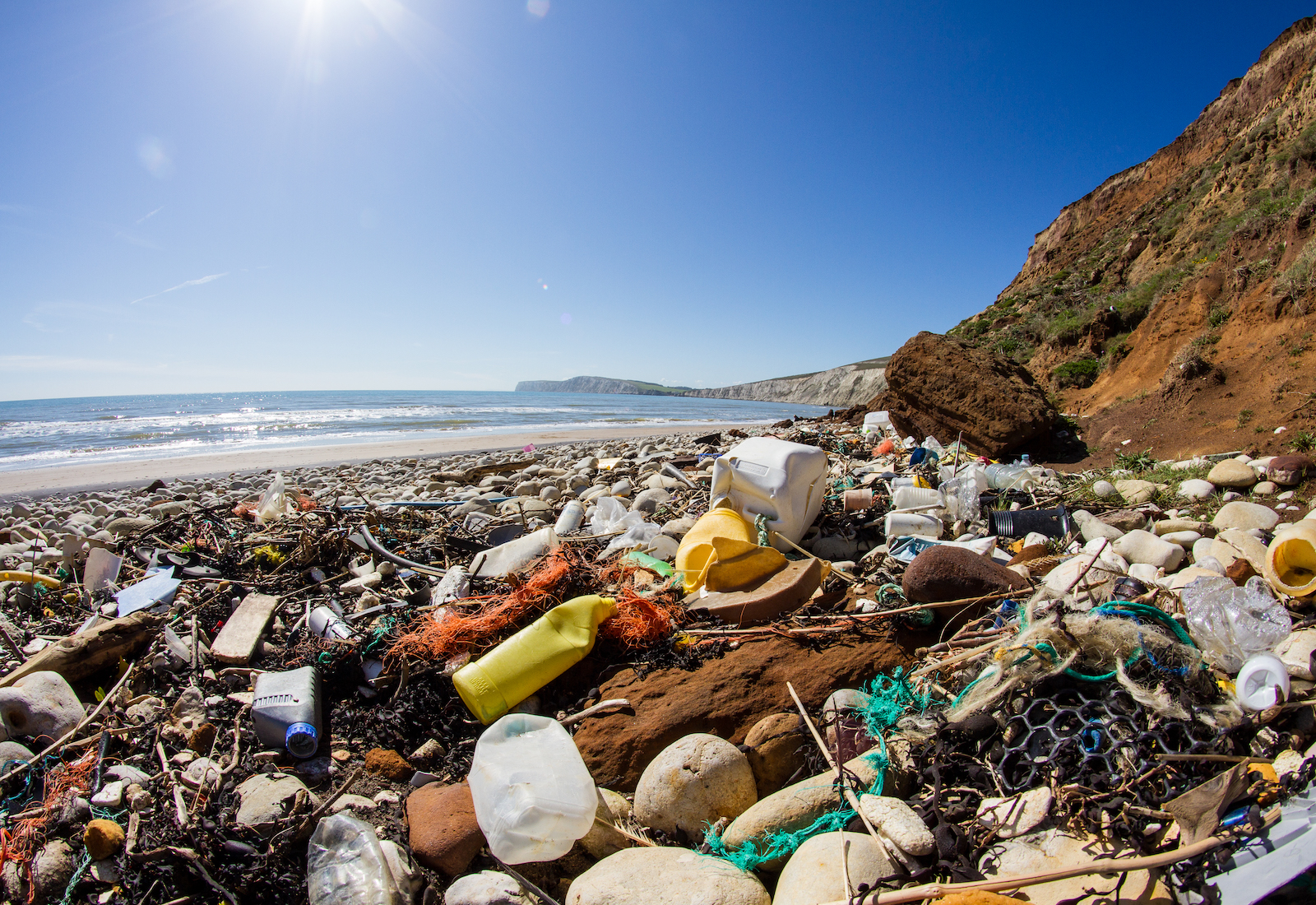California lawmakers declared a momentous victory against plastic pollution on Thursday when Governor Gavin Newsom approved a far-reaching bill to reduce plastic production, signing it into law just hours before a looming deadline.
The Plastic Pollution Producer Responsibility Act, widely considered the “strongest” plastic reduction policy in the nation, requires a 25 percent reduction of single-use plastic packaging and foodware — both by weight and by the number of items — within the next 10 years. The bill zoomed through the California Legislature this week, passing the state Assembly by 66 to 1 on Wednesday evening before clearing the Senate without opposition on Thursday morning.
“This was an example of the legislature doing its work, coming together, forging a meaningful strong compromise that will put California at the forefront of addressing a major global problem,” Senator Ben Allen, a Democrat and the bill’s primary sponsor, said from the Senate floor on Thursday.
Four years of negotiations shaped the final version of the California bill, which was released earlier this month. It gained momentum thanks to a proposed ballot initiative that California residents were slated to vote on in November. Although some environmental groups preferred the ballot measure — including its stronger language to phase out expanded polystyrene foam — state lawmakers believed a legislative approach could avoid an expensive and drawn-out process to tighten some of the broader language included in the ballot measure.
In a deal with the Legislature, the three petitioners responsible for the ballot initiative agreed to withdraw it if the plastics bill passed by June 30, the last day this year that a ballot measure could be withdrawn.
Anja Brandon, U.S. plastics policy analyst for the nonprofit Ocean Conservancy — which supported both the bill and the ballot initiative — said she was “beyond excited” by the bill’s passage. She applauded it for requiring plastic companies to actually eliminate much of their packaging and foodware — not just replace it with single-use items made out of non-plastic materials. According to her analysis, the bill will prevent nearly 23 million tons of plastic waste from being generated in California over the next 10 years — a “mind-boggling” amount that’s equivalent to more than 26 times the weight of the Golden Gate Bridge.
Other parts of the bill mandate that California achieve a 65 percent recycling rate for plastics by 2032 — a huge jump from the U.S.’s current rate of roughly 5 percent — and that companies make all of their single-use packaging and foodware recyclable or compostable by the same year, even if it isn’t made of plastic. In an effort to address environmental justice issues associated with plastic production and disposal, the bill also requires plastic companies to contribute $500 million to a pollution mitigation fund every year for the next 10 years. Sixty percent of this money will be used to benefit “disadvantaged or low-income communities or rural areas.”
Although many other states have attempted to pass legislation to address the plastic pollution crisis, success has been elusive. Only three states — Colorado, Maine, and Oregon — have enacted so-called “extended producer responsibility” laws to place the economic burden of waste management onto companies that make and use plastic, and none of those states’ laws include plastic reduction requirements on par with California’s. A New York state bill proposed in May would require a 50 percent reduction in packaging waste over the next 10 years, but it hasn’t yet moved forward.
Brandon called the California bill a welcome sign of progress, especially following years of stalled attempts to bring the Golden State’s plastic pollution crisis under control. Poll after poll shows that a majority of California voters want their representatives to address plastics, she said, and the state’s newly passed plastic pollution bill is a strong first step in that direction. Next up could be an update to the state’s bottle bill, which allows consumers to claim a refund for returning empty beverage containers, or a policy to address the proliferation of microplastics, which are associated with a number of concerning health problems.
“The Legislature is highly aware and motivated to do something,” Brandon said, “and we’re excited to work with them moving forward.”




